|
|
|
|
The fact that some people get bitten by mosquitoes and not others is more than a sore distraction for many. It’s also an important question to answer for scientists and health officials trying to bring Africa’s high levels of deaths from malaria under control. Madelien Wooding and Yvette Naudé set out how their research has advanced our understanding of factors that might be at play, taking us that little bit closer to solving the conundrum.
Dating back to pre-colonial Rwanda, a unique athletic performance akin to modern-day high jump formed part of regular ceremonies in the royal court. In the first half of the 20th century, foreign spectators marvelled at heights cleared by young athletes, proclaiming them to surpass anything seen at the Olympics. But were they? In the first scientific analysis of pictures and film taken 100 years ago, Ine Van Caekenberghe finds that the jumps were indeed remarkable and Olympic class. But it’s not true that they would have upended the world records of the day.
For the last two weeks, The Conversation Africa has been running a donations campaign. We are a not-for-profit newsroom supported by donors. But we’re constantly looking for ways to expand our funding base in our quest for sustainability. Support journalism that you can trust and donate today.
Donate
now
|
Julius Maina
Regional Editor East Africa
|

|
|
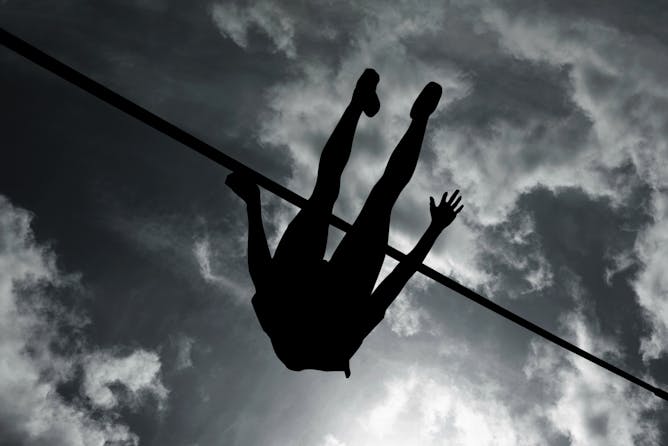
Getty Images
Ine Van Caekenberghe, Ghent University
Gusimbuka athletes could jump very high, probably due to their inherent talent, which was recognised early and developed further.
|
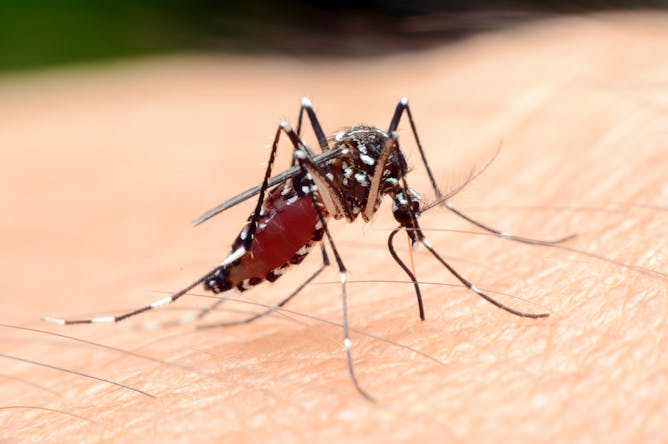
Samimfocus/Shutterstock
Madelien Wooding, University of Pretoria; Yvette Naudé, University of Pretoria
There is a chemical skin surface difference between individuals who perceived themselves as being attractive for mosquitoes and those that weren't.
|
Arts, Culture + Society
|
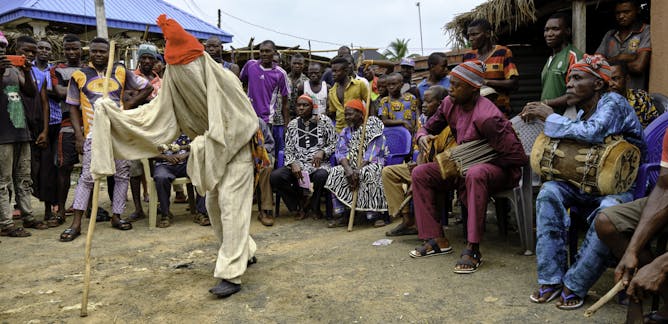
Kingsley Ikechukwu Uwaegbute, University of Nigeria
Over the past 15 years there's been a revival of young people - mostly Christians - participating in traditional masquerades, despite these being branded as pagan.
| |

Fiona Ramsay, University of the Witwatersrand
Spurred by the impetus of the #MeToo movement, South Africa's is the latest film and TV industry to introduce intimacy protocols to guide how intimate scenes are conceived and executed.
|
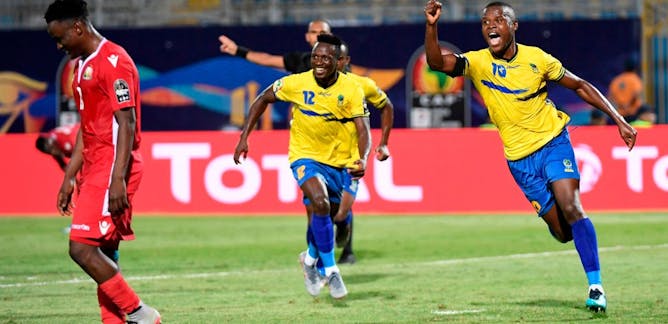
Leah R. Rosenzweig, Stanford University; Yang-Yang Zhou, University of British Columbia
National sports victories increase nationalism and national pride, but can also influence attitudes towards refugees.
| |
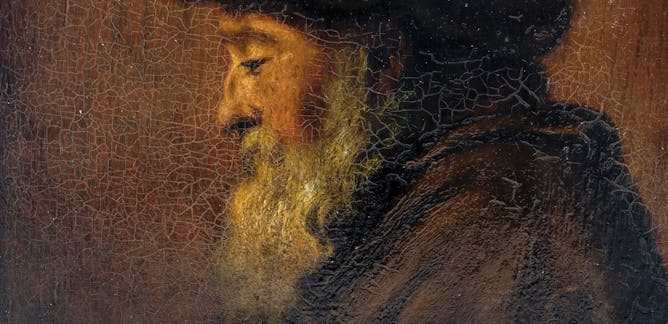
Gerard de Kamper, University of Pretoria; Isabelle McGinn, University of Pretoria
For decades the donated painting was proudly displayed as an original. But then the university began an academic unit that tests the authenticity of artworks and objects...
|
|
|
Business + Economy
|
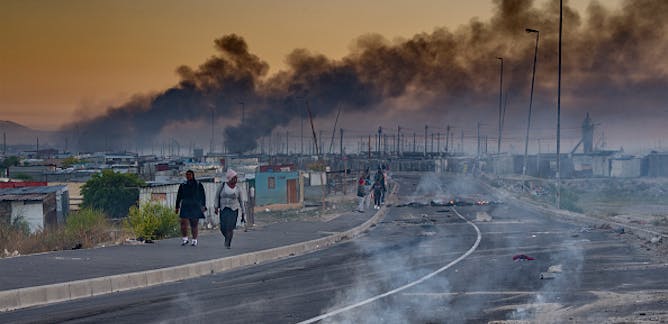
Zoheb Khan, University of Johannesburg
Two social impact bonds that have concluded in South Africa showed that they got innovation going where it was desperately needed.
| |
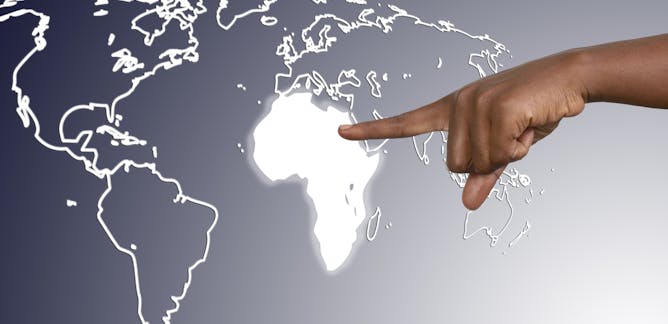
Tigist Mekonnen Melesse, University of California, Berkeley
The way foreign aid is disbursed needs to be revisited to avoid the traps it's fallen into in the past.
|

Jan Bachmann, University of Gothenburg; Benard Musembi Kilaka, University of Gothenburg
The Lamu port is part of an ambitious transport corridor with the aim of integrating marginalised northern Kenya into the Kenyan economy and the nation.
| |
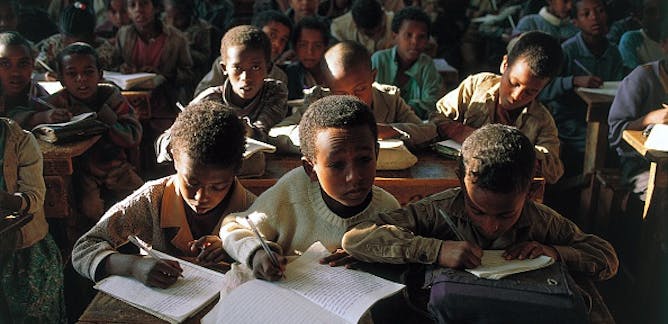
Iwa Salami, University of East London
It's time to shift focus away from bitcoin and to pay more attention to other blockchain projects promising to make real contributions to the world.
|
|
|
Politics
|
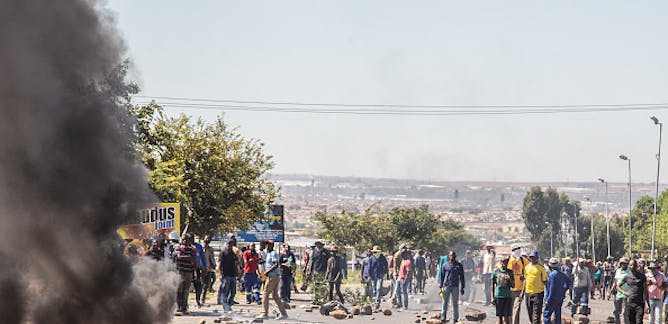
Steven Friedman, University of Johannesburg
The problem in municipalities is not that the wrong people are being chosen. It is that the wrong people are doing the choosing – not only of candidates but of what they do if elected.
| |
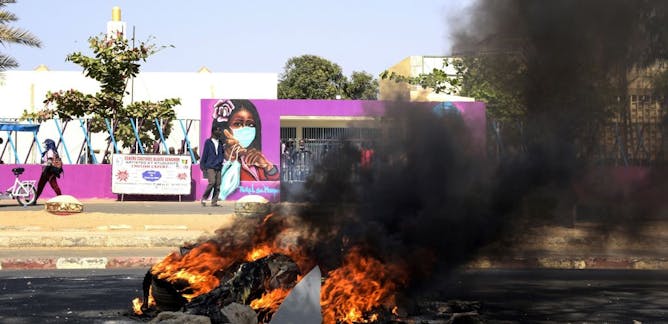
Beth D. Packer, Tufts University; Juliana Friend, University of California, Berkeley
The Senegalese culture of discretion, called "sutura", inhibits survivors of sexual violence from publicly denouncing perpetrators.
|
|
|
Health + Medicine
|
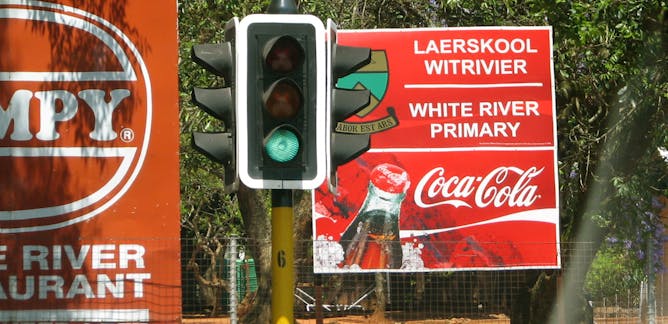
Agnes Erzse, University of the Witwatersrand; Karen Hofman, University of the Witwatersrand; Nicola Christofides, University of the Witwatersrand
A ban on sugary drinks sale and advertisements in schools is likely to hold more promise in improving the diets of children and help prevent obesity in children than voluntary actions.
| |
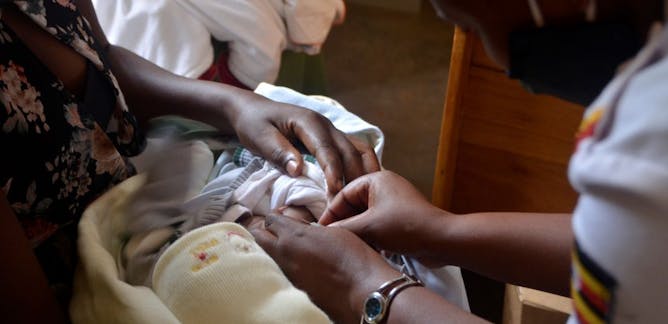
Jean-Francois Maystadt, Lancaster University; Kalle Hirvonen, The International Food Policy Research Institute (IFPRI) ; Nik Stoop, University of Antwerp
Even where vaccines are available, one barrier to progress is vaccine hesitancy: the reluctance or refusal to vaccinate.
|
|
|
Science + Technology
|
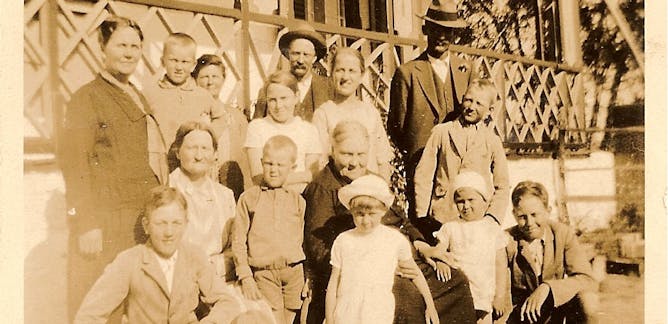
Jaco Greeff, University of Pretoria; Carina Schlebusch, Uppsala University
Given the central role that ethnicity played and still plays in South African politics, it is good to have an unbiased estimate of Afrikaners' genetic history.
| |
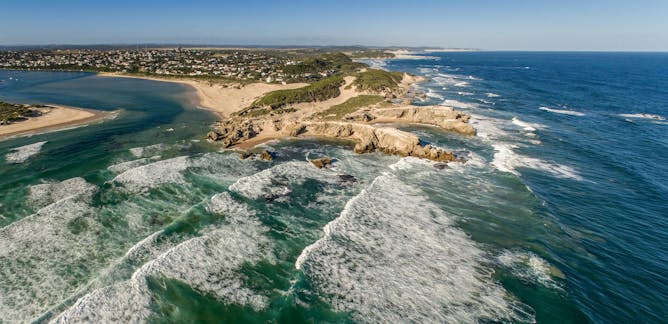
Sukhmani Mantel, Rhodes University
A greater understanding of interconnectedness created by river maps could influence people to become more engaged with conserving river systems.
|
|
|
Environment + Energy
|
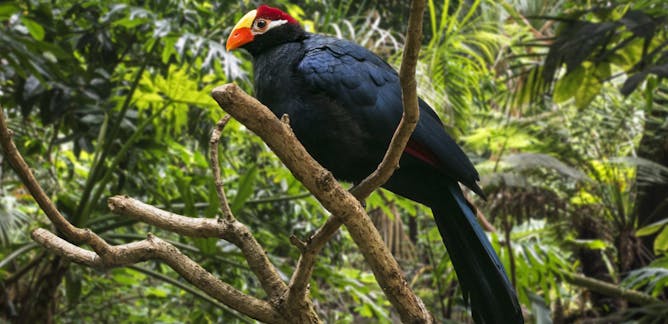
Emmanuel O. Akindele, Obafemi Awolowo University
Nigeria must improve biodiversity awareness among its citizens to stem animal poaching and halt biodiversity loss.
| |
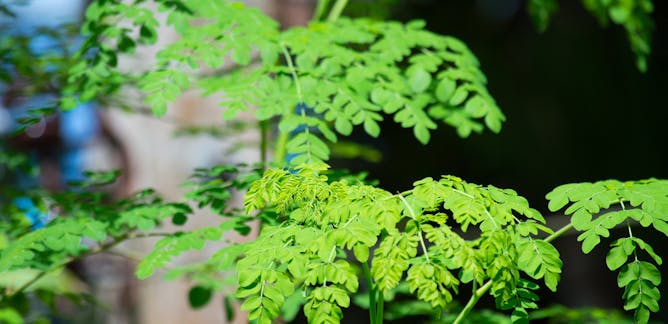
Ozayr Patel, The Conversation
Moringa as a crop is on the rise in South Africa. But more must be done to make use of this versatile, climate resilient plant.
|
|
|
Education
|
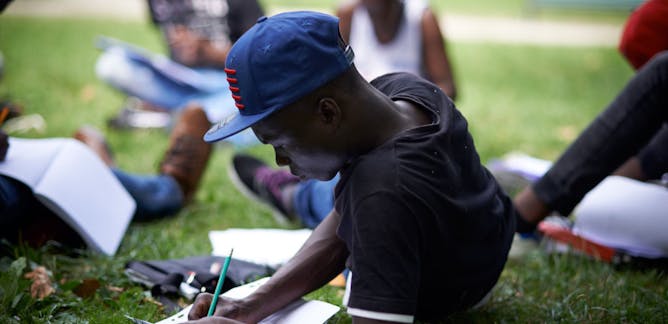
Miho Taka, Coventry University
Governments and agencies should prepare second chance opportunities for formal education as emergency situations may last for several years and create a backlog of education.
| |
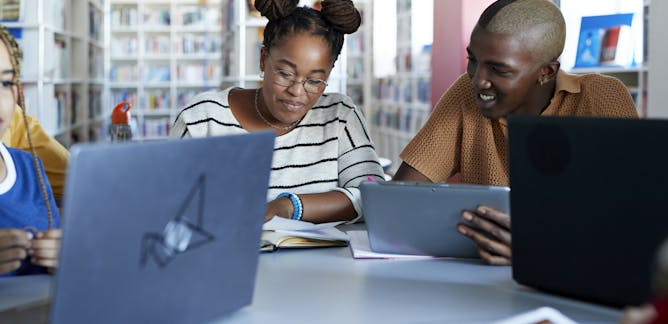
Willie Tafadzwa Chinyamurindi, University of Fort Hare
African governments should prioritise investment in high speed internet connectivity because it can have spillover benefits for education systems, as well as economic and social growth.
|
|
|
| |
Featured events
|
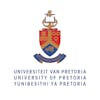
|
Zoom, online, Zoom, online, Gauteng, Zoom, online, South Africa — University of Pretoria
|

|
Faculty of Law, University of Pretoria, Pretoria, Gauteng, 0002, South Africa — University of Pretoria
|

|
Virtual/Online, Hatfield, Gauteng, 0083, South Africa — University of Pretoria
|

|
Lynwood Road, Hatfield, Pretoria, Gauteng, 0002, South Africa — University of Pretoria
|
|
|
|
| |
| |
| |
Would you like to republish any of these articles?
|
|
It’s free to republish, here are the guidelines.
Contact us on africa-republish@theconversation.com in case you need assistance.
|
| |
| |
| |
| |
|
|
|
|
|
|
|